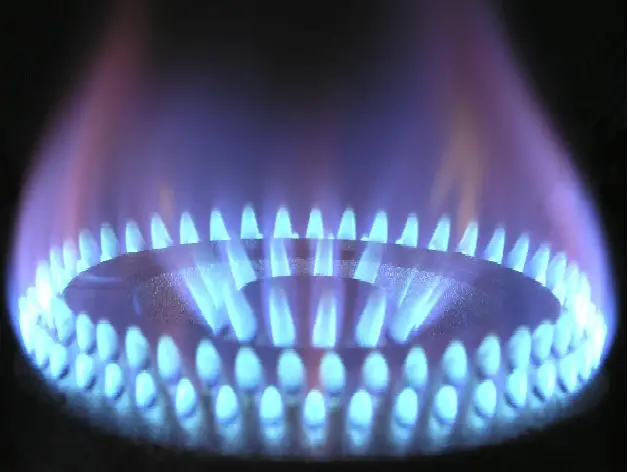In an interview with the Rheinische Post, published on Saturday, Klaus Mueller, Germany’s head of the Federal Network Agency, said, that although Germany has managed to avoid an energy crisis this winter, the next heating season is shaping up to be more difficult.
Mueller noted that since German gas storage facilities are presently filled to 64% capacity, even were the weather to turn sharply colder, the nation’s gas supply for the remainder of this heating season is assured. He added, however that “we should not relax, as things could be different next winter.”
He went on, “We cannot rule out a gas shortage for next winter. Risk factors are that the winter of 2023/24 will be very cold, that households and companies will save too little, that the LNG terminals will not work as planned – we would also have to help our neighboring countries with their energy problems,”
Mueller went on to point out that the biggest risk to next season will be the weather.
He continued, “We cannot rely on the fact that next winter will be mild again. When it’s cold, many households immediately stop saving. In warm October they saved more than 20% of gas, while during the cold snap in December – only 7%.”
Of course the biggest factor affecting the nation’s energy situation is the removal of Russian energy supplies, which in the past year had allowed the country to fill its storage tanks for incredibly low prices using cheap Russian pipeline gas deliveries.
Although there were no legal restrictions on purchasing Russian gas last year, the supply had dwindled toward the end of the year as maintenance issues, and finally a sabotage bombing ended flows through the Nord Stream 1 pipeline.
Mueller pointed out that due to the loss of Russian gas flows, Germany could no longer acquire gas as cheaply, and now going forward, energy prices would no longer be as low as they had been in the past.
He said, “We don’t know what will become of Russia’s remaining gas supplies… We have to get used to higher prices, the time of cheap energy from Russia is definitely over.”
This year gas prices in Germany have been relatively low throughout the winter season, in large part due to a period of unseasonably mild weather.
After rising to over €300 per megawatt hour last summer, gas tumbled as the winter wore on, eventually falling to a price of around €50 in March. Mueller pointed out that although that is far higher than gas cost in 2021, it is “the new normal,” now that the gas flows from Russia have been cut off permanently.
He finally said that going forward, to avoid further price increases, consumers were going to have to focus their efforts on the conservation of energy.

